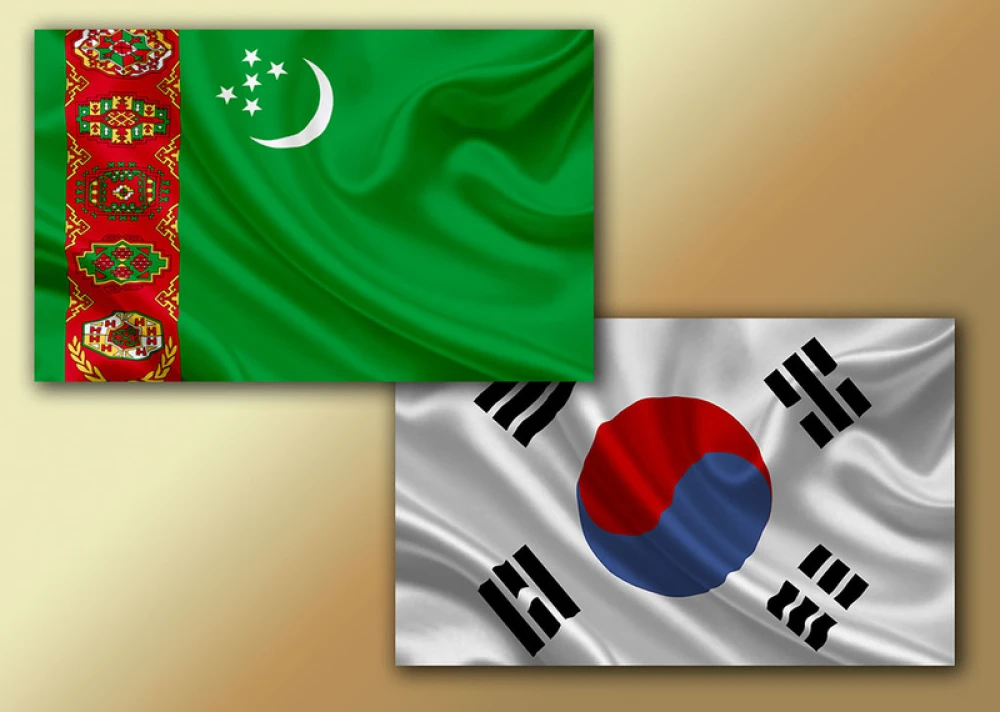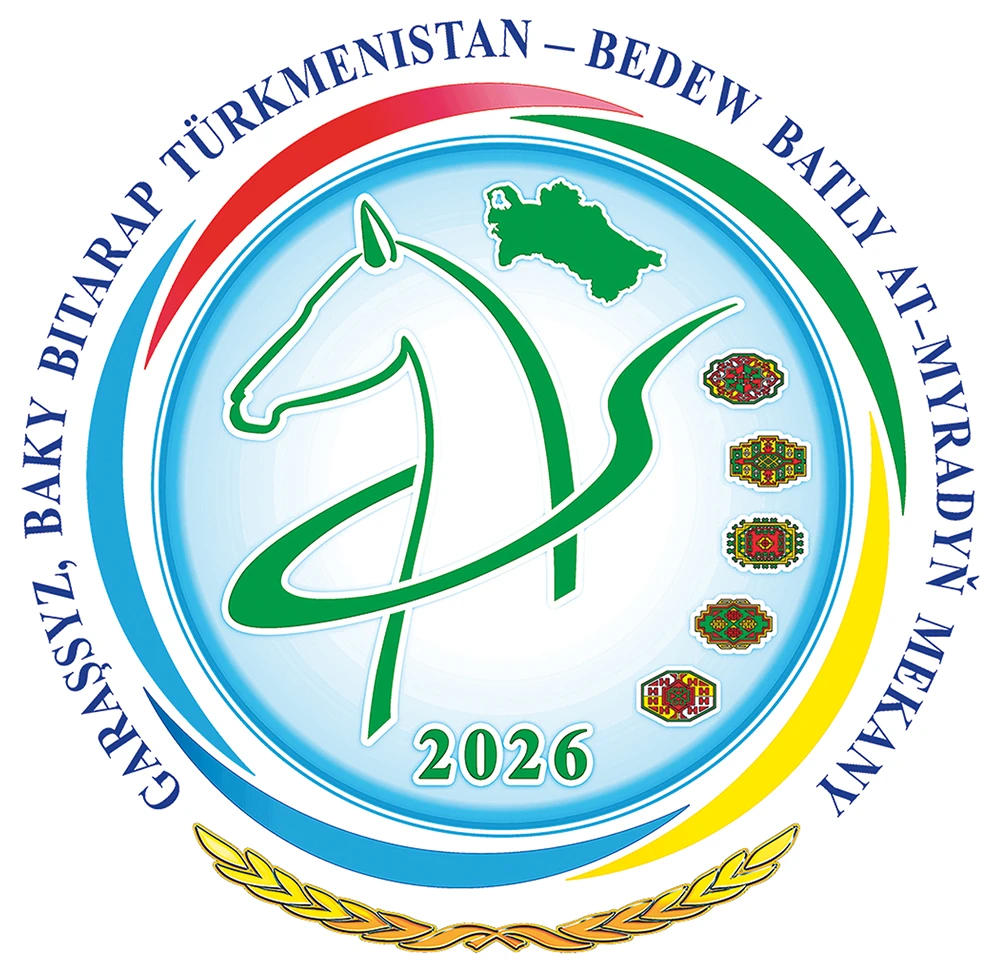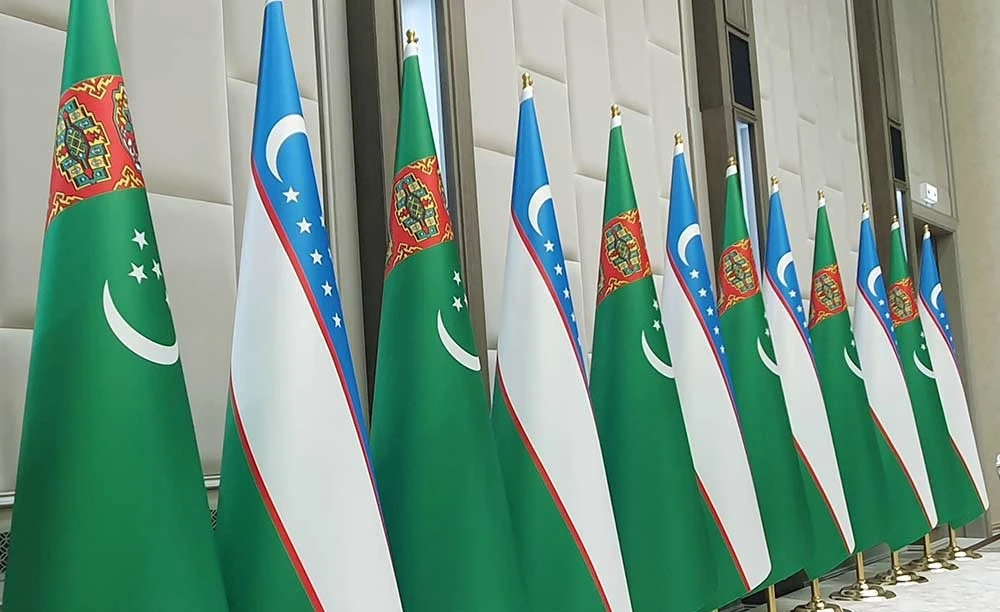
11/06/2024
1801
TURKMENISTAN – SOUTH KOREA RELATIONS: THE ROLE OF HYUNDAI IN STRENGTHENING BILATERAL TIES
The bilateral relationship between Turkmenistan and South Korea has evolved into a multifaceted partnership, encompassing economic, political, and cultural dimensions. A significant component of this relationship is the involvement of South Korean companies, notably Hyundai, in Turkmenistan's development. Diplomatic relations between Turkmenistan and South Korea were officially established on February 7, 1992. Over the decades, the relationship has matured, marked by mutual respect and cooperation. High-level visits and numerous bilateral agreements have laid a solid foundation for ongoing collaboration. Economic Cooperation and Hyundai's Role Economic ties between Turkmenistan and South Korea are robust, with significant contributions from South Korean conglomerates like Hyundai. Hyundai has been a pivotal player in Turkmenistan's infrastructure and industrial development, particularly in the energy sector.
Hyundai, a prominent South Korean multinational conglomerate, has a rich history spanning several decades, marked by significant milestones and contributions to various industries.
Origins and Early Years (1947-1960s)
- 1947: Hyundai was founded by Chung Ju-Yung as Hyundai Engineering and Construction Company. Initially, the company focused on infrastructure projects in South Korea.
-1967: Hyundai Motor Company was established, marking the conglomerate's entry into the automobile industry.
Expansion and Diversification (1970s-1980s)
-1974: The company introduced its first car, the Hyundai Pony, designed in collaboration with Mitsubishi Motors.
-1976: The Pony was exported to Ecuador, marking Hyundai's entry into the international market.
-1983: Hyundai Heavy Industries was established, which eventually became the world's largest shipbuilding company.
Globalization and Technological Advancements (1990s-2000s)
-1991: Hyundai developed its own gasoline engine, the Alpha, and transmission, demonstrating its growing technological capabilities.
-1998: Hyundai acquired Kia Motors, solidifying its position in the automotive market.
-2000s: The company expanded its global footprint with manufacturing plants in the U.S., China, India, and the Czech Republic.
Innovations and Modern Era (2010s-Present)
-2010: Hyundai introduced the Sonata Hybrid, showcasing its commitment to eco-friendly technologies.
- 2015: The company launched its luxury brand, Genesis, to compete with other premium car manufacturers.
- 2020s: Hyundai has focused on electric vehicles (EVs) and hydrogen fuel cell technology, with models like the Hyundai Ioniq and the NEXO.
Contributions to Various Industries
- Construction: Hyundai Engineering and Construction played a key role in South Korea's infrastructure development and international projects.
- Shipbuilding: Hyundai Heavy Industries became a leader in shipbuilding and offshore engineering.
- Finance: Hyundai has diversified into financial services with Hyundai Card, Hyundai Capital, and Hyundai Life Insurance.
Notable Achievements
- Hyundai has become one of the top five automakers in the world.
- The company is known for its quality, affordability, and extensive warranty programs.
- Hyundai's advancements in green technology, including hybrid and electric vehicles, position it as a leader in sustainable automotive solutions. Hyundai's journey from a small construction firm to a global industrial giant highlights its adaptability, innovation, and commitment to quality and customer satisfaction.
Hyundai's involvement in Turkmenistan dates back to the early 2000s. Hyundai Engineering & Construction (Hyundai E&C) began establishing its presence in Turkmenistan around this period, leveraging its expertise in engineering and construction to participate in various infrastructure and industrial projects.
Hyundai's Key Projects Turkmenistan's Gas Industry: Hyundai Engineering has been deeply involved in the development of Turkmenistan's gas processing plants. One of the flagship projects is the Kiyanly Petrochemical Complex, which Hyundai Engineering & Construction (Hyundai E&C) helped build. This complex is a crucial part of Turkmenistan's strategy to diversify its gas exports and increase value-added production.
Transport Infrastructure: Hyundai has also contributed to the development of Turkmenistan's transport infrastructure. The company's involvement in constructing highways and bridges has facilitated better connectivity within the country and improved trade routes.
Renewable Energy: As part of the broader South Korea – Turkmenistan cooperation, Hyundai is exploring opportunities in the renewable energy sector, particularly solar and wind energy projects, aligning with Turkmenistan's goal to diversify its energy sources.
The future of Turkmenistan – South Korea relations is bright, with both nations eager to expand their cooperation. Hyundai's ongoing and future projects are likely to play a significant role in this expansion. Potential areas for further collaboration include advanced technology, renewable energy, and smart infrastructure. Additionally, continued cultural and educational exchanges will foster deeper ties between the two countries.
Gurbanmyrat AKMAMEDOV,
the 3rd year student
of the Faculty of International
Economic Relations
of the Institute of International Relations
of the Ministry of Foreign Affairs of Turkmenistan.


